Prime Minister Benjamin Netanyahu’s position on a Gaza ceasefire has crystallized following last Thursday’s security cabinet decision to capture Gaza City. According to Channel 12, Netanyahu has sided with Strategic Affairs Minister Ron Dermer, who urged ministers to reject any partial deals—marking a shift from earlier ambiguity about whether the premier might consider limited arrangements.
Sources close to Netanyahu say he will not negotiate a partial ceasefire or a limited hostage-release agreement with Hamas. Instead, they say he is prepared to enter talks only under conditions set by Israel—terms that would end the war on Israel’s terms and secure the release of all remaining hostages. Until such conditions are met, Israel will not take part in negotiations.
The stance comes amid a developing political subplot: Israeli media reported Monday that Ron Dermer plans to retire from politics before the next national election. Senior officials told Israel Hayom that Dermer—Netanyahu’s close confidant and former ambassador to the United States—has been openly discussing stepping down since Israel’s 12-day campaign targeting Iran’s nuclear and ballistic missile program. While no date has been set, Dermer is expected to leave before voters head to the polls.
Netanyahu’s remarks have drawn criticism from the Hostages Families Forum, particularly over comments that appeared to emphasize the 20 hostages believed to be alive while seeming to sideline those declared dead. Speaking later at the opening of the new Knesset Museum in Jerusalem—the parliament’s historic home from 1950 to 1966—the prime minister said Israel is nearing the end of the war in Gaza, highlighting “key victories” against those who sought Israel’s destruction. He vowed to continue efforts to dismantle the Iranian axis and free all hostages, stressing that the fight honors both the living and the fallen.
On the security front, IDF Chief of Staff Lt. Gen. Eyal Zamir publicly thanked outgoing U.S. CENTCOM commander Gen. Michael Kurilla for bolstering Israel’s defenses. Zamir credited Kurilla’s leadership with securing increased American support during the Gaza campaign and during Operation Rising Lion against Iran, saying the deepened military partnership has strengthened Israel’s long-term security and operational edge.
Meanwhile, the IDF is reviewing procedures at the Beit Lid military prison after leading ultra-Orthodox rabbis visited yeshiva students jailed for draft evasion without proper authorization. Rabbi Dov Lando visited brothers Rafael and Baruch Yitzhakov and expressed support; the next day, Rabbi Moshe Hillel Hirsch arrived with members of Shas’s Council of Torah Sages. They were initially denied entry but later allowed in to avoid confrontation. The IDF said visitation rules will be enforced fully and equally moving forward, as tensions continue over the draft in the wake of last year’s High Court ruling against blanket exemptions for Haredi men.
Netanyahu also voiced skepticism in an interview with i24 about the chances of a partial ceasefire and hostage exchange, referencing comments by U.S. President Donald Trump that Hamas is not prepared to negotiate such a deal. The prime minister said Israel has pursued several avenues with little success and accused Hamas of misleading throughout. He reiterated that many hostages—both alive and deceased—remain in Hamas control and emphasized a commitment to securing the return of all.
These remarks came shortly after Egypt announced efforts to revive negotiations for a 60-day ceasefire and hostage release, underscoring persistent regional attempts to bridge gaps—even as Israel’s leadership signals that partial arrangements are off the table.

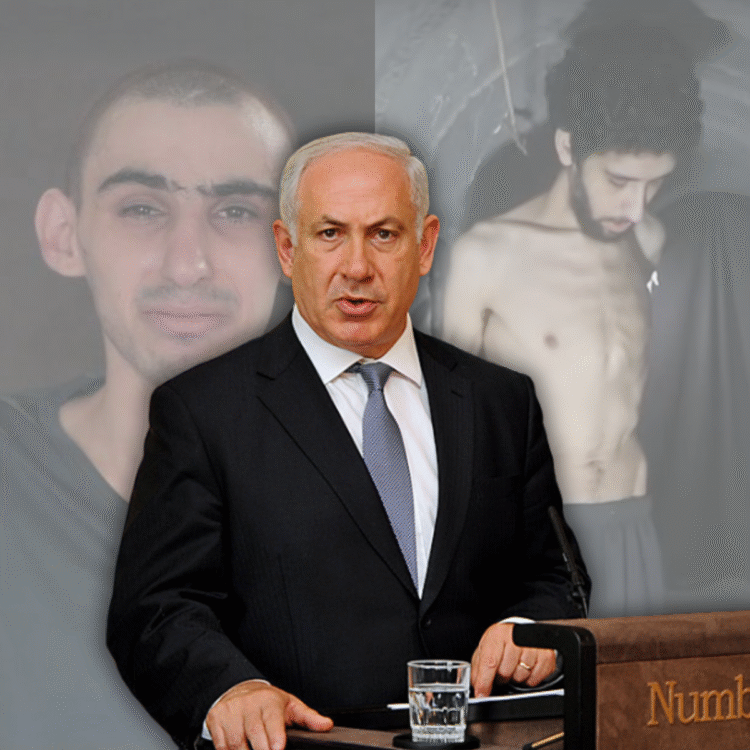
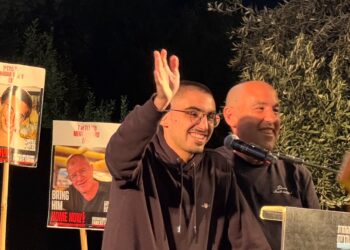
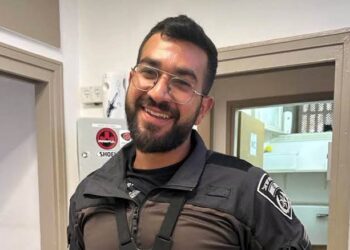
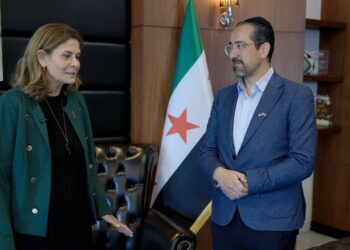

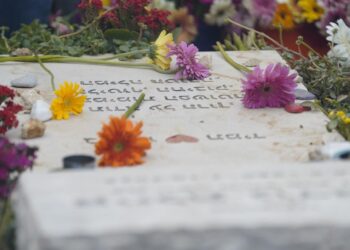















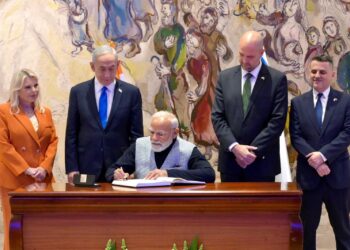

Discussion about this post